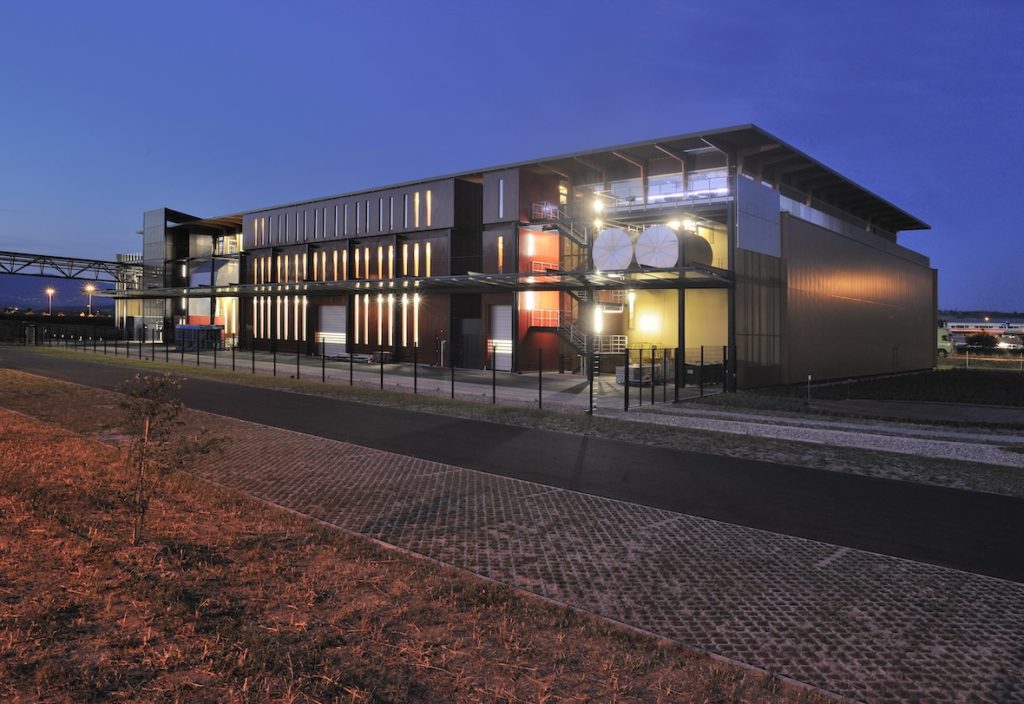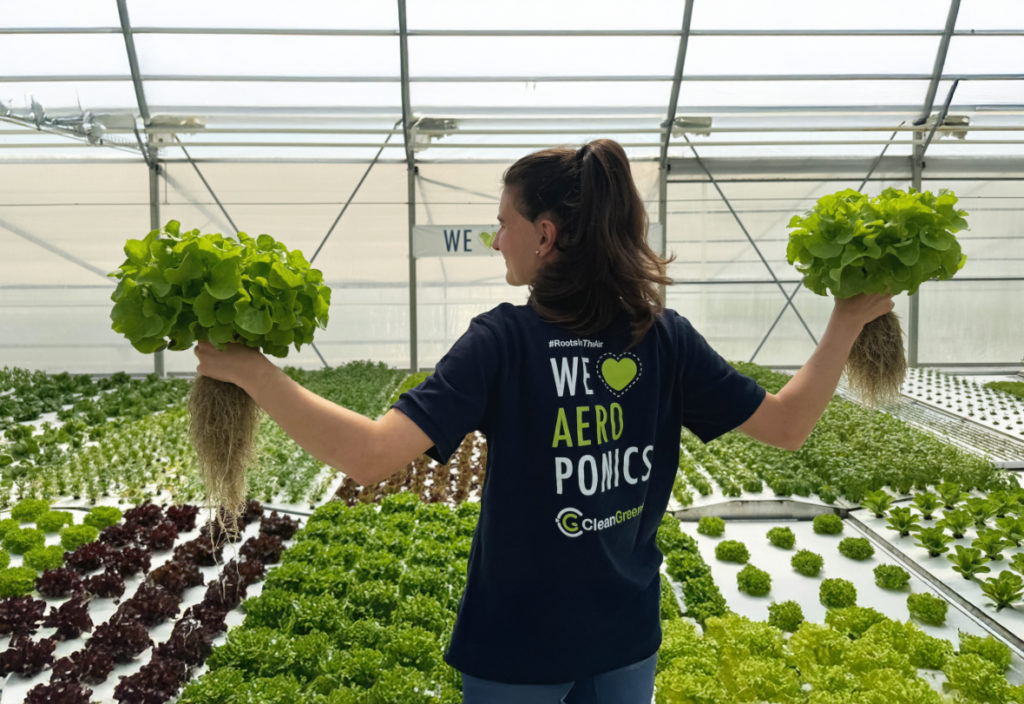
The future of food in Western Switzerland
21 August 2024
 As Western Switzerland continues to invest in and nurture its food innovation ecosystem, it is well positioned to play a pivotal role in shaping the future of food.
As Western Switzerland continues to invest in and nurture its food innovation ecosystem, it is well positioned to play a pivotal role in shaping the future of food.
Western Switzerland is becoming a major hub for food innovation, driven by groundbreaking research, sustainable practices, and a robust ecosystem of start-ups and established companies dedicated to transforming the food industry.
Western Switzerland’s food innovation ecosystem is thriving, supported by significant investment and a strong network of research institutions. The AgriCo campus in St-Aubin (canton of Fribourg) is a prime example, with nearly CHF 500 million invested in the development of a pioneering agri-food hub that includes 27 hectares of building land and 100 hectares of agricultural land for large-scale testing. Scheduled to be fully operational by 2027, the campus is expected to create more than 1,600 jobs and foster collaboration between public and private entities to advance sustainable food production.
Programs like those at the Grangeneuve Agricultural Institute and the School of Agricultural, Forest and Food Sciences (HAFL) contribute to a continuous pipeline of talent and expertise essential for the development of innovative food solutions.
A thriving start-up ecosystem
The region is home to a vibrant start-up scene, with companies like Kidemis and Seprify leading the way in sustainable food solutions. Kidemis, based in Zollikofen, is revolutionizing aquaculture with its mycelial fermentation technology, which converts agricultural by-products into sustainable feed for farmed seafood. This innovation not only supports sustainable aquaculture, but also addresses the urgent need for alternatives to traditional fishmeal, driven by the depletion of marine resources.
Seprify, another standout in the region, recently secured CHF 2 million from Innosuisse to advance its cellulose-based white pigments. These eco-friendly alternatives to traditional pigments are poised to make a significant impact on various industries, including food, by offering sustainable color and texture solutions.
Innovation and sustainability at the core
Western Switzerland is also making significant strides in sustainable food production. Major food and nutrition companies, including Nestlé and Syngenta, have established their headquarters or key research facilities in the region, contributing to the development of sustainable and efficient food systems. Initiatives like the Swiss Protein Association and the Swiss Food & Nutrition Valley further support the region’s commitment to sustainability, offering frameworks for the development of novel protein sources and sustainable agriculture practices.
The future of food in Western Switzerland is also being shaped by cutting-edge research at institutions such as EPFL. EPFL scientists have developed a novel method for producing high-performance plastics from agricultural waste, offering a greener alternative to fossil fuel-based materials. This innovation not only contributes to sustainability, but also aligns with the region’s broader goals of reducing environmental impact and promoting a circular economy.
In addition, companies like Alver and AgroSustain are pushing the boundaries of foodtech with their sustainable protein sources and natural crop protection solutions. Alver‘s Golden Chlorella-based superfoods offer a protein-rich alternative that uses significantly less water and emits less CO2 than traditional animal proteins. Meanwhile, AgroSustain‘s natural coatings and fungicides extend the shelf life of crops and reduce food waste, further supporting sustainable food systems.
Collaboration and strategic location
Western Switzerland’s strategic location, bordering key European markets such as Germany, France and Italy, makes it an ideal entry point for foodtech companies looking to scale their innovations across Europe. The region’s collaborative environment provides start-ups and established companies with the resources, networks and support needed to succeed in the competitive food industry.
As Western Switzerland continues to invest in and nurture its food innovation ecosystem, it is well positioned to play a pivotal role in shaping the future of food. Through a combination of groundbreaking research, sustainable practices and a thriving startup culture, the region is setting new standards for agri-food innovation and leading the way to more resilient and sustainable food systems.

